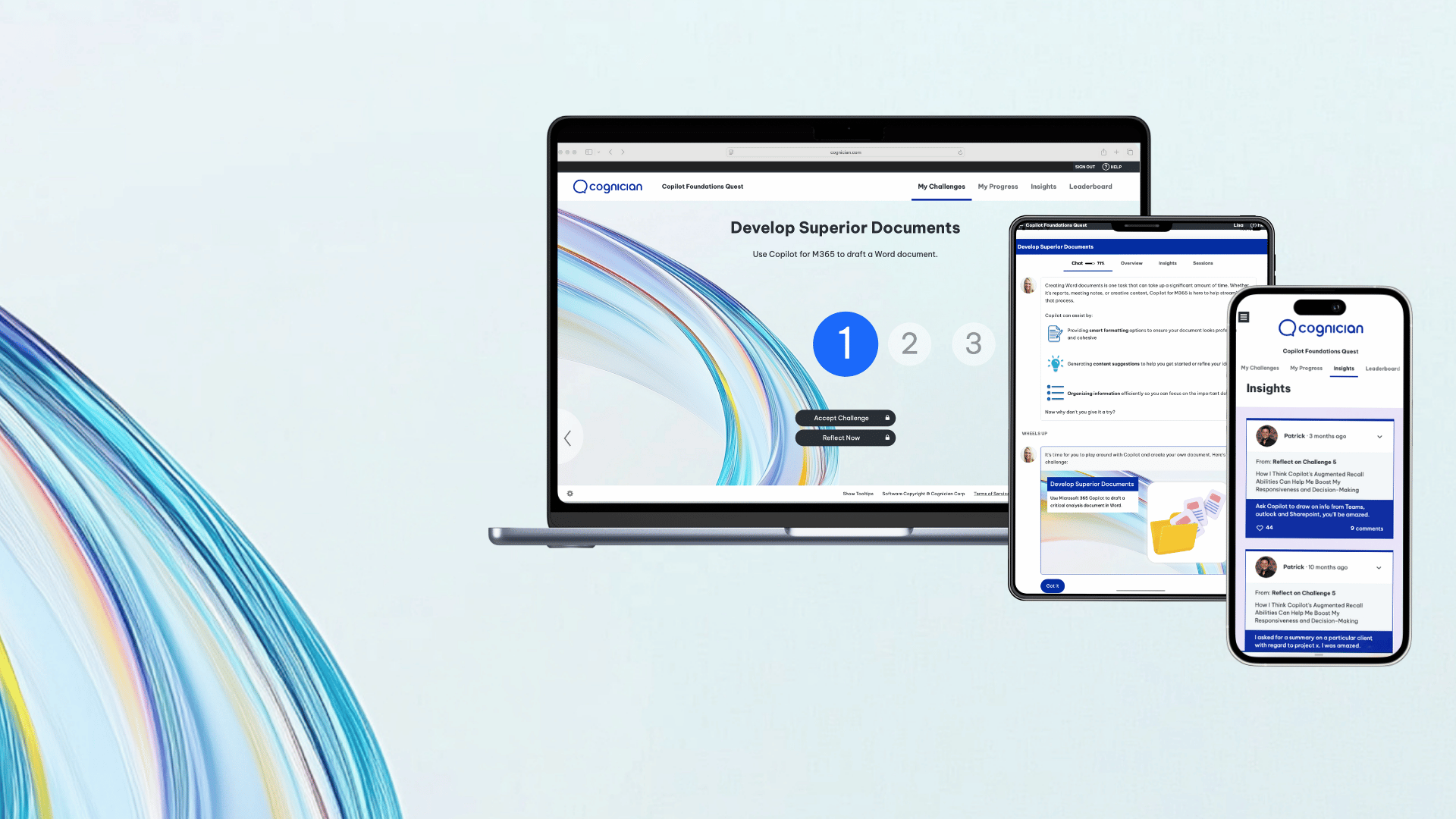You've invested in dashboards, platforms, and data pipelines. But without data-fluent people, the returns aren't showing up. Here's why.
In recent years, organizations have invested heavily in data. Dashboards, analytics platforms, AI tools – the tech is in place. And yet, many senior leaders are quietly asking the same question:
"Why aren't we seeing better decisions being made?"
The answer lies not in your tools but in your people.
The Illusion of Progress
Digital transformation often stops short at the human level. Companies build sophisticated data ecosystems but fail to equip the workforce with the skills to use them. The result? An expensive, high-potential infrastructure that isn't delivering the impact it should.
This is the data disconnect. And it's costing you more than you think.
The Real Costs of Low Data Fluency
When employees lack the confidence and capability to work with data, the effects ripple across the organization:
- Missed opportunities: Valuable insights are hidden in plain sight – but never uncovered, explored, or acted on.
- Poor decision-making: Teams rely on instinct or incomplete information. Success isn't tracked, and learnings don't accumulate.
- Wasted investments: Dashboards go unused. Tools are misunderstood or underutilized.
- Miscommunication: Without a shared data language, cross-functional collaboration breaks down.
- Poor data quality: No one owns it. Few understand it. So errors persist, and data integrity erodes over time.
- Security and compliance risks: Employees don't know what data is sensitive or how to handle it responsibly, which opens the door to breaches or ethical missteps.
In short, low data fluency means your digital strategy is only halfway implemented. That gap is creating risk, wasted resources and tooling, and missed growth.
This Isn't a Tech Problem – It's a People Problem
Most employees don't need to become data scientists. But they do need to be data fluent.
This means they should be able to do the following:
- Understand what data is available and how to use it
- Ask better questions
- Interpret charts and metrics critically
- Act on insights, not just receive them
These aren't niche skills. They're core business competencies, and in today's world, they're required at nearly every level.
What Leading Organizations Are Doing Differently
Some organizations are starting to get it. They're realizing that data literacy should be a company-wide capability.
They're moving beyond one-off workshops or passive e-learning. Instead, they're embedding data fluency into how people work, learn, and make decisions every day.
At Cognician, we call this activation. Our digital coaching programs go a step beyond helping employees gain knowledge. They drive behavior change by turning that awareness into action.
What You Can Do Next
If your data investments aren't paying off, ask yourself:
- Do our teams know what data they have access to and how to use it?
- Are our decisions evidence-based or grounded in gut feelings dressed in dashboards?
- Do people feel confident working with data, or do they avoid it?
If the answers give you pause, it might be time to rethink your data strategy – not the tools, but the people.
Want to Build a Data-Fluent Workforce?
Discover how Cognician's Data Fluency Foundations Quest can activate data fluency in your team and give you a competitive edge.
Get in Touch with Us
Request a demo or contact our Sales Team to learn more about how the Data Fluency Foundations Quest can unlock the power of data within your organization.
Book a call or explore our website for more information.



.png)

